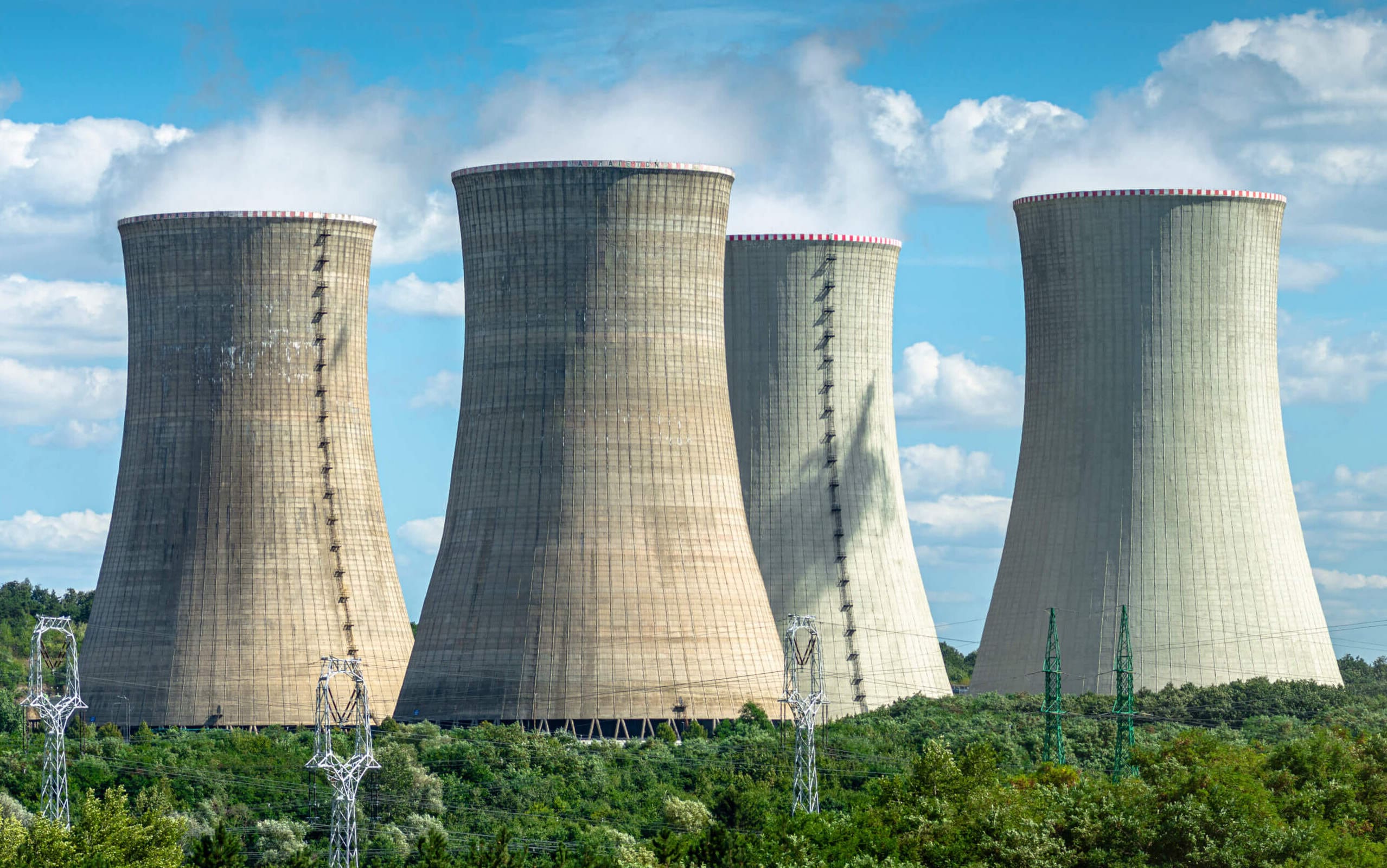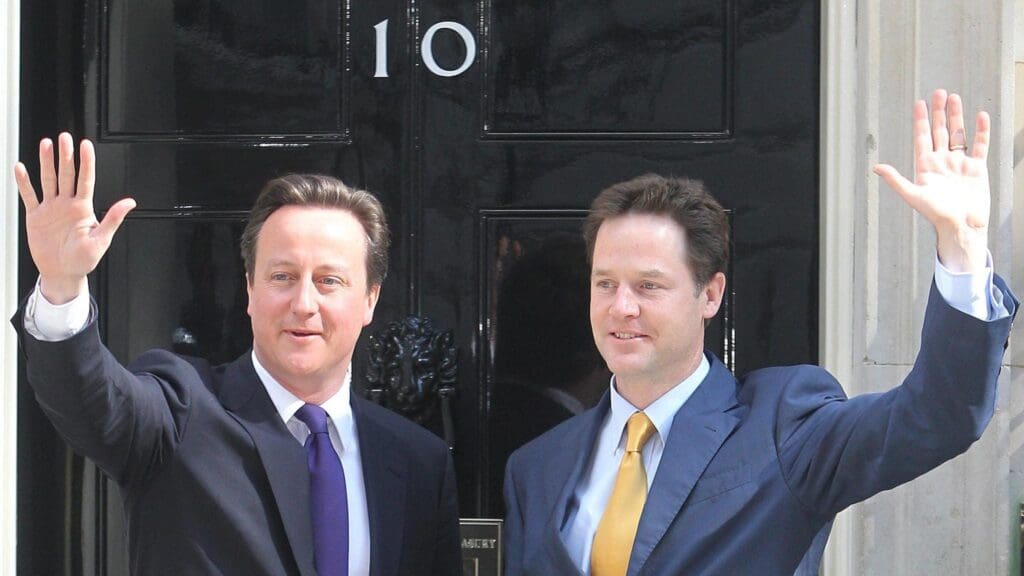

Growth Doesn’t Mean More Environmental Impacts
Environmental activist George Monbiot recently published a long article in The Guardian titled ‘Capitalism is killing the planet’. The article – which Monbiot described as “the best thing I’ve ever written” – ended up going viral, earning 14K likes on Twitter.
Its basic thesis is: ‘capitalism bad’. And while capitalism is in some sense responsible for environmental problems – it’s hard to pollute if you haven’t produced anything – the problem for Monbiot is that socialism’s record is even worse.
As I said, it’s a long piece, and I don’t want to discuss every detail. But there was one paragraph in particular that caught my eye, and not because it was the ‘best thing I’ve ever read’. Far from it, in fact.
The first thing we encounter, looming out of the depths, should scare us almost out of our wits. It’s called growth. Economic growth is universally hailed as a good thing. Governments measure their success on their ability to deliver it. But think for a moment about what it means. Say we achieve the modest aim, promoted by bodies like the IMF and the World Bank, of 3% global growth a year. This means that all the economic activity you see today – and most of the environmental impacts it causes – doubles in 24 years; in other words, by 2045. Then it doubles again by 2069. Then again by 2093.
What’s wrong with this reasoning? It’s that Monbiot assumes there’s a one-to-one relationship between GDP and “environmental impacts”. In reality, there’s no reason why environmental impacts can’t go down as GDP goes up.
After all, GDP just measures the total value of goods and services in the economy. It’s not a measure of ‘total materials used’ or ‘total energy consumed’. So in principle, it can keep on rising forever.
Monbiot claims that if we shoot for 3% growth a year, then environmental impacts will double in just 24 years. (1.03 raised to the 24th power equals 2.) To see why this conclusion is wrong, let’s look at one particular environmental impact, namely CO2 emissions.
Between 1990 and 2018, the UK’s total GDP (measured in inflation-adjusted terms) increased by 74%. If Monbiot were right, then CO2 emissions should have increased by roughly the same amount. But they actually fell by 19%.
And this isn’t just because we offshored our emissions to China. That 19% figure corresponds to consumption-based CO2 emissions, which adjusts for emissions released in the production of traded goods.
What’s more, if the UK got serious about nuclear power, we could bring down emissions even further. France relies on nuclear more than any other country, and it’s per-capita emissions (again, adjusted for offshoring) are 20% lower than the UK’s.
In fact, economists talk about an ‘environmental Kuznets curve’, whereby pollution rises during the early stages of economic development, but then starts to fall during the later stages. This suggests that, in some circumstances, growth’s actually good for the environment.
I’m not entirely unsympathetic to Monbiot’s critique of growth. He’s right that governments sometimes treat it at as the only thing that matters, forgetting that human flourishing depends on more than just our living standards. We also need safety, access to nature, a sense of community, and many other things.
Yet critiques of growth can only go so far. After all, it’s only thanks to growth that Monbiot can make a living as a journalist and write articles telling people that growth should “scare us almost out of our wits”. (In an earlier time, he would have probably been a peasant farmer or shop-keeper, along with almost everyone else.)
Growth in GDP isn’t the same thing as growth in our impact on nature. And in fact, being richer often means we have more to spend on the environment.








